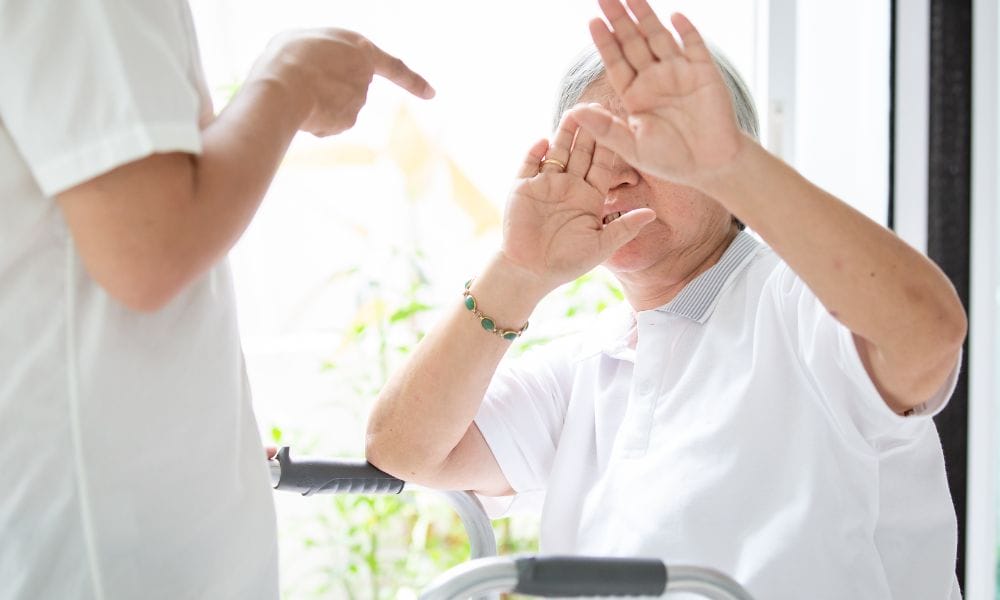As a nurse, one of your primary responsibilities is to care for and protect your patients. However, the sad reality is that some patients may be subject to abuse in healthcare environments despite the oath that healthcare workers take to do no harm.
Patient abuse can manifest in various forms, such as physical, sexual, emotional, financial, or neglect. As a professional caregiver, you should be aware of the signs of abuse and know how to respond if you suspect it. This article will be your guide on what you should do as a nurse if you suspect patient abuse.
Know the Signs of Abuse
Knowing the signs of abuse is the first step in preventing patient abuse in medical institutions. This form of abuse can present in various ways, such as bruises, cuts, broken bones, changes in behavior, withdrawal, fear, anxiety, depression, or even weight loss. Staying vigilant is critical, especially if you work with vulnerable populations, such as older people, children, or those with disabilities.
Report the Suspicion Immediately
If you suspect abuse, you must report it immediately; don’t wait for evidence or confirmation. You have a legal and ethical obligation to report suspected abuse to the appropriate authorities, such as your supervisor, healthcare team, or law enforcement.
Don’t assume that someone else will handle it or that it’s not your responsibility—ignoring it can land you in legal trouble and put your patient’s life at risk. Reporting abuse is critical for protecting the patient and ensuring that the perpetrator is held accountable.
Document the Evidence
If you’re a nurse and suspect patient abuse, the first thing you should do after reporting is document the evidence as accurately and thoroughly as possible. That means that you need to write down the who, what, when, where, and why as soon as you can to keep this information fresh. The sooner you write things down and document what you saw or believe, the clearer and more precise your details will be. This documentation is vital for building a case and providing support for investigations and legal proceedings.
Support the Patient
If a patient has experienced abuse, they may feel scared, traumatized, or too vulnerable to speak or get the help they need. Therefore, provide emotional support and reassurance to the patient when you can.
You can ask them about how they’re feeling, explain the situation, and offer resources such as therapy or patient advocacy. Supporting the patient can help them feel empowered and understood and can do wonders in aiding their recovery.
Be Prepared for Potential Outcomes
Reporting suspected abuse can trigger various outcomes, such as investigations, legal actions, or disciplinary measures. Steel yourself for potential outcomes and be ready to cooperate with any investigations or requests for information. You’ll also have to adhere to confidentiality agreements to maintain professionalism and respect for all parties involved.
You’re a vital link in the chain of protection for vulnerable individuals, and your courage in the face of potential adversity can make a significant difference. Hopefully, this guide gives you the knowledge you need to take action against patient abuse and helps you become the best healthcare advocate you can be.








